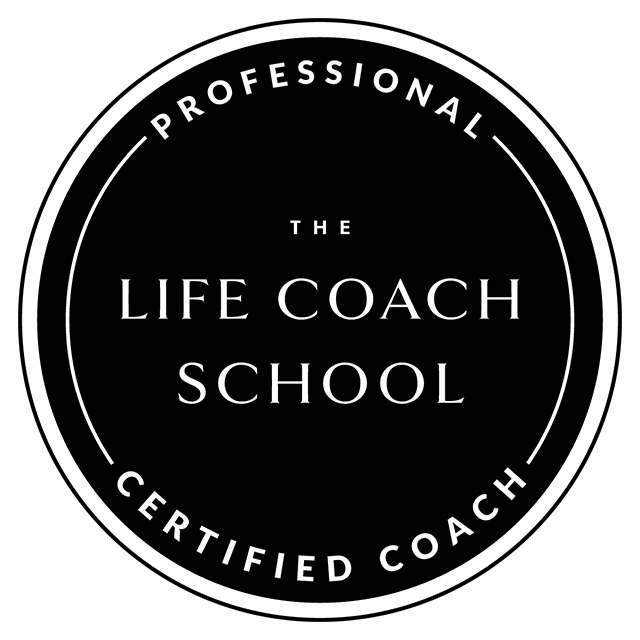I spent much of last week talking about how to handle disrespect with several parents. Disrespectful behavior is on the rise everywhere. Just ask a teacher what he/she is experiencing regarding disrespect. Our culture screams it. While I remember an occasional rude comment to my own mom and having been the recipient of disrespect from a child, I know how truly hard, maddening, and frustrating it can be to turn the boat around from the habit of disrespect. No one envisions raising a child who behaves disrespectfully. Unfortunately, it can happen, and it is up to you the parent to address it. Trust me, the earlier you deal with it, the sooner you can correct it. Studies have repeatedly shown that disrespectful children often become rude and entitled adults. In the words of Barney Fife in The Andy Griffith Show – “Nip it in the bud”!
Disrespect or expressing frustration?
Children go through rebellious stages, and it doesn’t mean they are destined to be a disrespectful kid. Those are the moments to listen and teach how to manage emotions and disappointments. The habit of whining typically begins very young. When you have a tween who is still chronically whining, you can almost bet they don’t have an adult who addressed it consistently when they were little. Investing the time when they are early in their development to tackle whining and disrespectful words has a big payoff by the time, they hit adolescence.
Just as teachers set the tone in a classroom, we parents set the tone in our homes. Are they frustrated or hurtful with their words? That will help to know how to respond. If they are complaining about the challenges of daily life, being condescending, or using abusive language then you can put it in the rebellious category. If you find that they are constantly rolling their eyes at a request or talking back with hurtful words, you would be wise to make a plan to address their attitude. It is key to raising a respectful child.
10 signs of a disrespectful attitude
- Your child talks to you as a peer. While you may believe it is a sign of being close, it is more often a sign of a belief that they are equal in authority to you as the parent. I have sat through many parent conferences over the years blown away at how a tween/teen speaks with their parent.
- They get angry when you say “no”. When a tween/teen responds with anger when they hear no, it is a sure sign of frustration that needs to be discussed or a sign of entitlement. Don’t fear putting your foot down. They won’t like it in the beginning, but they will get used to not being the boss. It is an example of why dealing with this when they are little has a big payoff in middle school and beyond.
- They don’t offer to help. It is a red flag if you have a child who watches you juggle several grocery bags or carry something heavy and fails to ask if they can help. Being oblivious once in a while is understandable. A habitual looking the other way and not helping at home or other places is something to pay attention to.
- They manipulate others. Learning how to manipulate the adults around you starts early. Whining with no consequences. Asking one parent for permission and going to the other parent when they don’t like the answer of the first. Playing the ‘poor me’ card. Manipulation is a learned skill and one that kids can see modeled or they don’t experience healthy parenting when it happens.
- They don’t have a habit of using good manners. Most parents teach their children what we call manner words when they are toddlers. By the time they are in elementary school, we know our kids are on the right track when they demonstrate the habit of gratitude and speaking manner words without having to be coached and instructed constantly by a parent to say thank you. There is usually a pretty close relationship between a lack of gratitude and overindulging a child. They grow to believe they ‘deserve’ whatever has been given.
- They expect special treatment. When your child begins to believe her demands should be met, it is time to take a look at what is going on. I remember a parent at a grade level conference who was distressed that her 13-year-old son wouldn’t come to the dinner table with the rest of the family but would continue playing video games instead. Mom shared that she would make his meal separately from the rest of the family and serve it to him in his room while angry at him for not coming to the table. It helped me understand his unwillingness to follow the plan in the classroom. After all, he was in charge, and it was working!
- They constantly interrupt others when talking. The habit of not listening to a parent, teacher, or even a friend and interrupting them as they speak is more than a rude habit. It shows the need for them to learn self-restraint and respect the rights of others.
- They don’t do their chores. It is a wise parent who teaches their child how to do chores around the house and the value they add to the family by helping. If you are a parent who has done this, you might be shocked at how many tweens/teens have little to nothing expected of them. If they are defiant and refuse to follow your instructions disrespect is at the center of their response.
- They spend more time fighting and arguing with siblings (or others) than enjoying each other. While occasional disagreements are expected, if arguing and demanding it all goes their way with their siblings is common it is another red flag to address. Bullying can also fall here as it is an effort to control and manipulate.
- They throw tantrums at home. What we may call temper tantrums is not only for toddlers. Tweens and teens who are used to using tantrum behavior to get what they want will often continue to use this strategy as they get older.
- All of our children come with different temperaments and challenges to our parenting. Some children simply by their temperament will need you to create stronger boundaries and consequences for them. We all want our kids to grow into mature, kind, and respectful adults. It is never too late to learn better strategies in our parenting and make corrections. I found coaching to help me strengthen my boundaries and have clarity about how I wanted to show up as a mom. Parenting is hard but every effort to make respect the norm for you and your family will give your child relationship skills they will need in the years to come.

